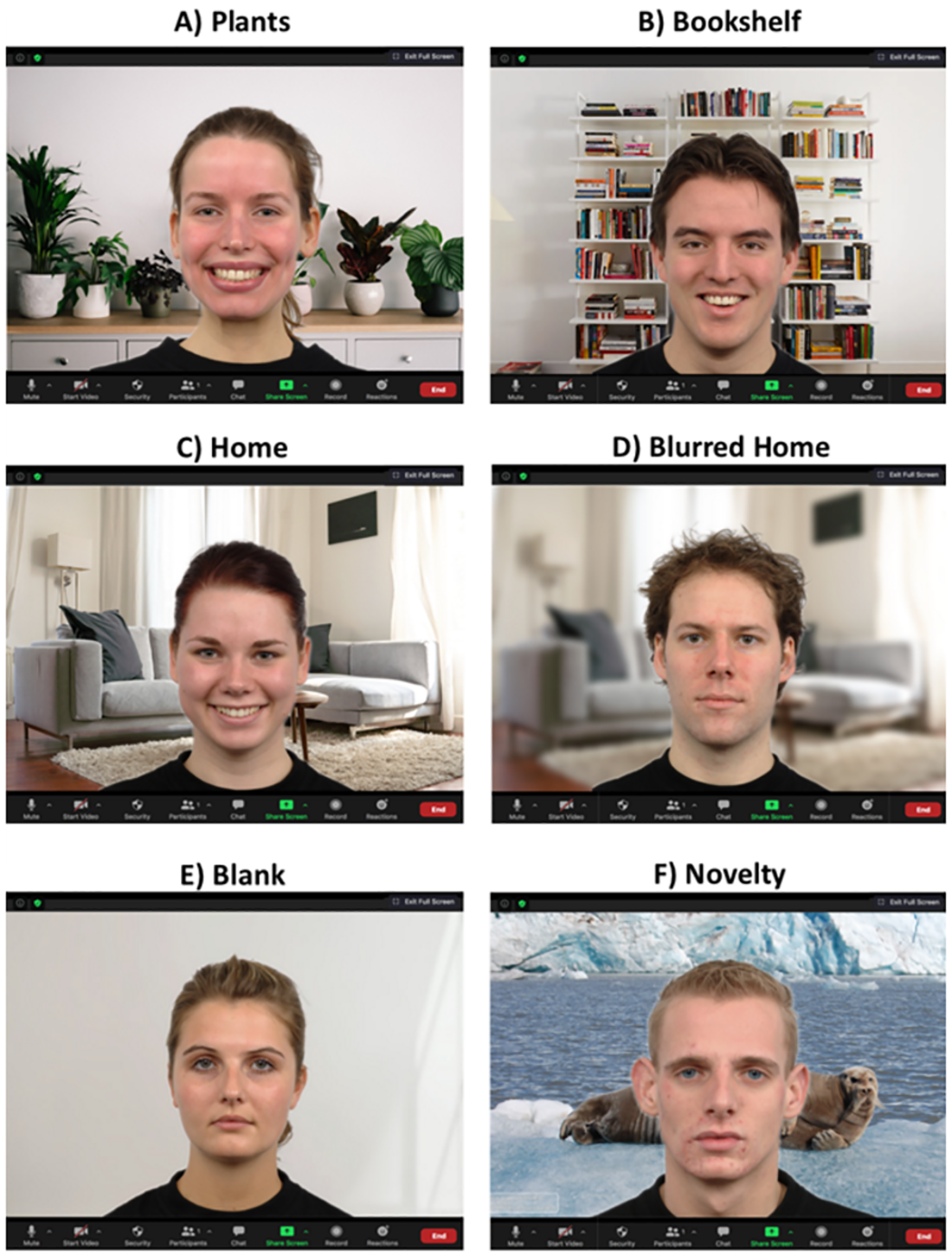First impressions are instantly formed; people infer character traits within the first seconds of meeting someone. Social judgments of attractiveness, aggressiveness, competence, likability, and trustworthiness are made in milliseconds. Immediate first impressions remain robust despite errors in trait inference. First impressions significantly impact real-world outcomes, such as financial success, electoral success, mating choices, and criminal sentencing decisions.
Nevertheless, how people meet and interact has significantly changed since the coronavirus disease 2019 (COVID-19) pandemic, which restricted physical face-to-face meetings and led to interactions through videoconferencing. Platforms such as Microsoft Teams and Zoom have had exponential increases in userbase. These platforms facilitated remote working and enabled social connections.
Moreover, virtual meetings may become permanent in professional environments, given their efficiency, cost-effectiveness, and convenience. People can change their backgrounds in virtual meetings, unlike in face-to-face meetings. This disparity is significant since visual contexts influence first impressions. Despite the surge in videoconferencing, research on the impact of video background on first impressions is limited.
About the study
In the present study, researchers examined the effects of gender, facial expression, and video background on first impressions of competence and trustworthiness during videoconferences. They hypothesized that 1) video background would influence the evaluation of competence and trustworthiness, 2) happy faces would be perceived as more competent and trustworthy than neutral faces, and 3) females would be judged as more trustworthy, while males would be viewed as more competent.
Fifty males, two non-binary individuals, and 115 females, aged 19-68, participated in July-August 2022. The team evaluated facial expressions (happy and neutral), gender (female and male), and backgrounds (home, blank, blurred home, plants, novelty, and bookcase). First impressions were examined by competence and trustworthiness evaluations. Stimuli included male/female faces with neutral or happy expressions superimposed onto one of the backgrounds.
Seventy-two images of Caucasians with facial expressions were obtained from a database and were randomly displayed to all participants without time restrictions for responses. Subsequently, participants rated their perceptions of competence and trustworthiness of individuals. Analysis of variance (ANOVA) was performed to assess the effects of facial expression, gender, and virtual background on trust and competence perceptions.
Findings
Trustworthiness perceptions were significantly different across virtual backgrounds. Faces with a background of novelty and home were less trustworthy than faces with blank, blurred home, plants, and bookcase backgrounds. Happy faces were more trustworthy than neutral faces. Moreover, there was a significant interaction effect between background and facial expression on trustworthiness perceptions.

Sample Stimuli: A) Happy female on plants background B) Happy male on bookcase background C) Happy female on home background D) Neutral male on blurred home background E Neutral female on blank background F) Neutral male on novelty background.
Further, facial expression had an additive effect, i.e., happy faces were more trustworthy across backgrounds than neutral faces. Female faces were considered more trustworthy than male faces. Similarly, a significant interaction effect was observed between background and gender, and consistently, gender had an additive effect on trustworthiness perceptions.
Notably, the home background was not less trustworthy than the bookcase or plant background for female faces. Additionally, a significant three-way interaction between gender, background, and emotion was noted. Females were perceived as more trustworthy than males across backgrounds for happy faces. However, for neutral expressions, females were more trustworthy than males only in the home background. Competence perceptions significantly differed across backgrounds.
Plants, bookcases, or blank backgrounds were considered more competent than others. Happy faces were more competent than neutral faces, with a significant interaction effect between background and facial expressions. Females were perceived as more competent than males. Likewise, females were perceived as more competent than males across backgrounds for happy faces but only in the home background for neutral expressions.
Conclusions
In sum, the findings revealed the effects of video background, gender, and facial expressions on evaluations of competence and trustworthiness.
These results have implications for the public and organizations who regularly use videoconferencing and are particularly relevant to recruitment since competence strongly predicts hiring ability. As such, candidates should be aware of their backgrounds and are recommended to elicit the best first impressions of competence and trustworthiness.